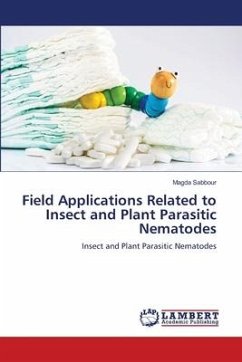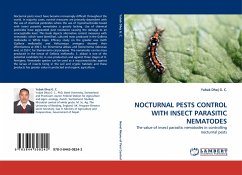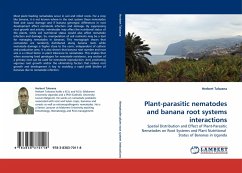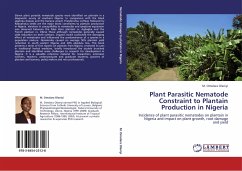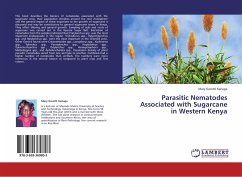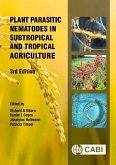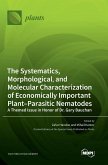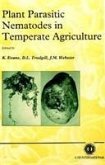Chemical nematicides have been employed with varying degrees of success, but their implementation can be cumbersome, and furthermore they could potentially be neutralizing an otherwise positive effect from the entomopathogenic nematodes (EPN) that coexist with PPNs in soil environments and provide protection for plants against insect pests. Recent research has explored the potential of employing EPNs to protect plants from PPNs, while providing their standard degree of protection against insects. The interactions involved are highly complex, due to both the three-organism system and the assortment of variables present in a soil environment, but a strong collection of evidence has accumulated regarding the suppressive capacity of certain EPNs and their mutualistic bacteria, in the context of limiting the infectivity. Specific factors produced by certain EPN complexes during the process of insect infection appear to have a selectively nematicidal, or at least repellant, effect on PPNs. Using this information, an opportunity has formed to adapt this relationship to large-scale, field conditions and potentially relieve the agricultural industry of one of its most substantial burdens.
Bitte wählen Sie Ihr Anliegen aus.
Rechnungen
Retourenschein anfordern
Bestellstatus
Storno

